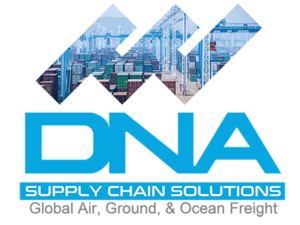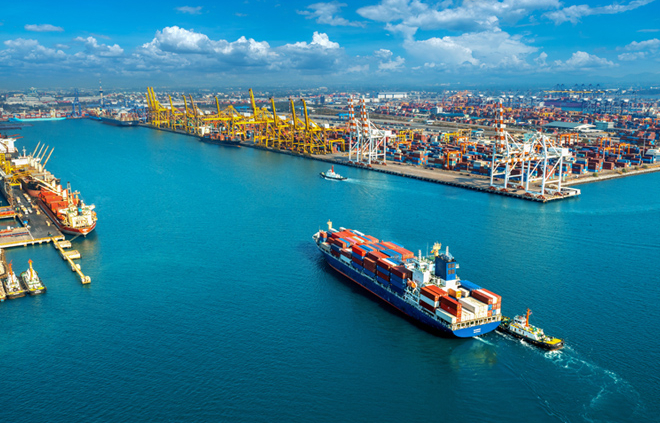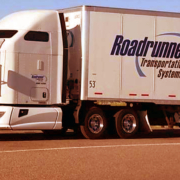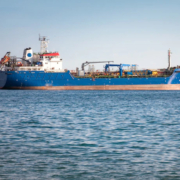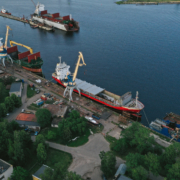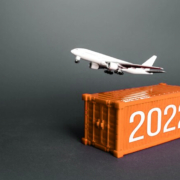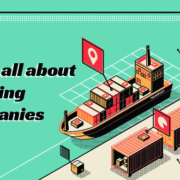Today we will breifly discuss Ocean Freight Forwarders in USA. As a method of transportation, the world’s oceans have proven indispensable throughout history. Ocean and air freight are the two most prevalent and virtually exclusive methods for international delivery. Such possibilities are available for transporting autos, items, and other cargo for commercial or personal purposes.
The distinction between these two types of goods is not that much tedious to understand. One type use jet to transport while the othere one use ship. There are many factors with significant influence in determining whether to send goods by air or water.
Both modes have advantages and downsides. There are specific considerations that must be taken into account before transporting goods throughout the world. These four factors are the fees, cost, dependability, volume, and speed. Additionally, you must consider Time, Security, Distance Coverage, Environmental Impact, and Logistics.
Different Types of Ocean Freight Forwarders in USA
There are several benefits and drawbacks to ocean shipping. Before considering the benefits, it is vital to grasp the numerous ocean shipping methods. Thus, ocean freight forwarders in USA are classified as:
· Full container load (FCL)
The shipper pays for one or more containers to carry their products via FCL shipping. There is no consolidation or deconsolidation involved with FCL shipping. This can make the transport less expensive. Thus, it will be quicker and lower the possibility of product damage. Additionally, it is more secure and reduces the likelihood of theft and product tampering.
· Less than container load (LCL)
LCL shipping is for shipments that cannot fit into 20- or 40-foot containers. Shipping firms bundle many shipments from different shippers into a single package. A significant benefit of LCL shipping is that you pay for the volume of items being shipped. It is a fantastic approach for smaller businesses to benefit from reduced freight prices.
· Roll on, roll-off (RORO)
Instead of loading and unloading them in containers, wheeled vehicles (cars, semi-trucks, and other passenger vehicles) are rolled on and off cargo ships.
· Dry bulk
Typically, dry bulk products such as coal or grain are not transported in containers. During maritime transport, dry bulk commodities are deposited in the ship’s cargo hold.
· Break bulk
The ship’s hold is utilized for more than simply dry bulk items. Additionally, it keeps large, voluminous products that do not fit efficiently in intermodal containers. Massively constructed goods, such as steel girders and other significant things, must be stored in the ship’s hold over long distances to prevent potential damage.
What are the Advantages of Ocean Shipping?
When assessing your supply chain’s transportation alternatives, consider the following benefits of ocean freight forwarder in USA.
1. Cost-effective
In the ocean sector, ocean freight is an economical means of transport. It is a more cost-effective solution to international logistics than other standard transit techniques, such as air freight.
The World Bank estimates that air freight is around 11 to 16 times more costly in comparison to ocean shipping. Although ocean transit is slower than air freight, it offers outstanding value for large-scale distribution.
2. Larger volumes
Approximately 33 cubic meters of cargo may fit into a 40-foot container. This is equivalent to around 10,000 bottles of beer or the contents of a three-bedroom house. Depending on the container’s contents and structural strength, a 40-foot container can store 60,000 pounds or more. Ocean liners are capable of transporting nearly all sorts of goods.
TEU describes the capacity of cargo ships and facilities. The number issued to a ship indicates the number of containers it can carry on or below deck. The capacity will somehow vary depending on the overall size of the vessel.
However, cargo boats of 10,000 TEUs are relatively frequent. Regardless of the size of your shipment, an ocean liner should be capable of exceeding your capacity requirements.
3. Excellent alternative for oversized items
Due to their immense size, ocean liners can transport oversized and cumbersome cargo at a comparatively low cost.
The types of cargo that aircraft can transport are limited, especially regarding large, complex, and heavy things. It would be impractical and costly to fly massive steel bars or cars from China to the United States.
4. Environmentally responsible
Modern freight forwarders in USA are paying greater attention to their influence on the environment. Ocean travel is one of the most environmentally beneficial ways of transport. Global corporations want to move their goods via ocean freight to lower their carbon impact.
5. Allows the shipment of dangerous commodities
Certain hazardous products, such as lithium batteries, are subject to stringent air transport regulations. It is the responsibility of ocean freight firms to convey hazardous commodities securely.
Cargo ships and their workers are trained and used to working with dangerous materials, which helps prevent marine catastrophes. Thus, freight forwarder USA employs cargo containers that are mainly built to remain sealed and secured throughout shipment.
Are there any disadvantages to ocean freight shipping?
Now let’s talk about the few downsides related to ocean freight forwarders in USA:
1. Slow Speed Ocean Freight Forwarders in USA
Ocean freight USA is a slower means of delivery and is suited for commodities with a long lead time. Other modes of the transit, such as the air freight, will be able to ship the items in just two to three days. But the ocean freight can take to almost month.
Due to the lengthy period between shipment and delivery, the hazards connected with ocean transportation are more significant. There may be some delays or weather impediments that result in the overall cargo loss or damage.
2. Lack of Infrastructure
Ports and terminals may not exist in some areas, preventing them from receiving colossal container ships. Typically, substantial capital expenditures are required to manage container-based networks in ocean freight services.
Conclusion
We hope that with this guide, you must have got enough information about the ocean freight types and what pros and cons it offer. No doubt it is one of the safest shipping options in which you won’t find your items in the attack of theft. But you should be careful if the sea weather is good for the shipping or not.
Read here if you are looking to find about the:
Freight Forwarding Near Me: Best Companies in 2022
Freight Forwarder vs Carrier: What To Expect With Each!
What is Shipping Company all about & how they operate in Market for a Successful Shipping Process?
Freight Broker vs. Freight Forwarder Similarities And Key Differences
Shipping Company: What are the Top Benefits of Hiring Shipping Professional Services
